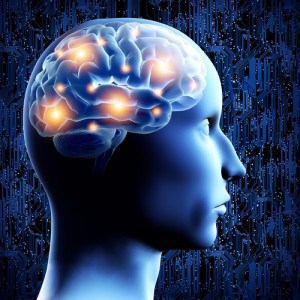
The researchers observed the brain activity of 16 high-functioning adults with ASD and 16 typical adults. The participants performed an implicit learning task while in a functional magnetic resonance imaging (fMRI) scanner. The task involved looking at a random array of dots. The researchers evaluated how the participants’ neural patterns adapted to the pattern over multiple exposures.
There were significant differences between the brain patterns of the adults in the ASD group and those of the adults in the control group. At the beginning of the task, both the ASD and control groups had similar levels of brain activation. As the task progressed, the control group demonstrated decreased activation in posterior regions. For the ASD group, activation did not decrease. In fact, brain activation increased in the frontal and parietal regions. The ASD group’s brains also became familiar with the pattern more slowly than those of the controls. This suggests that the ASD brains did not register the “oldness” of the patterns, which demonstrates altered implicit learning abilities.
The study had two more key findings. First, the severity of autism symptoms was correlated to how well the brain adapted to the patterns. Second, there was less brain synchronization in the participants with ASD than in the control group. The frontal and posterior brain regions were less synchronized in ASD brains, which corroborates findings from previous studies.
The findings offer a possible explanation for why people with ASD struggle with social interactions: their ability to learn implicit social cues is altered. The results also indicate that adaptation and synchronization are core symptoms of ASD.
This research is published in the journal NeuroImage.
Previous news in autism:



 © 2025 Unyte Health US Inc.
© 2025 Unyte Health US Inc.